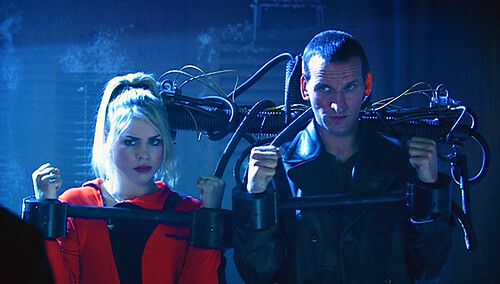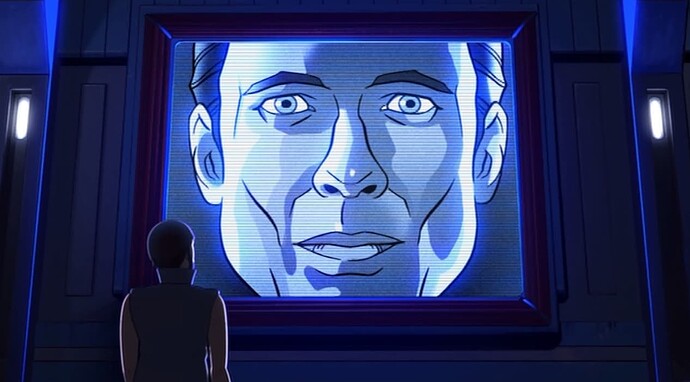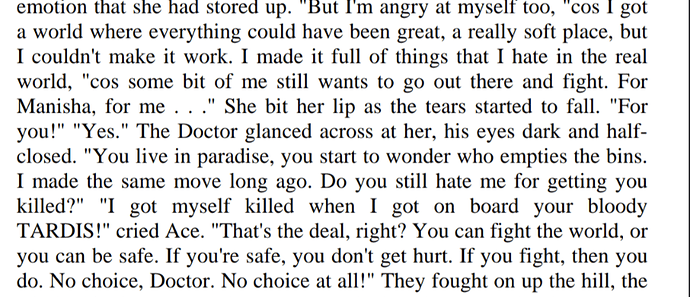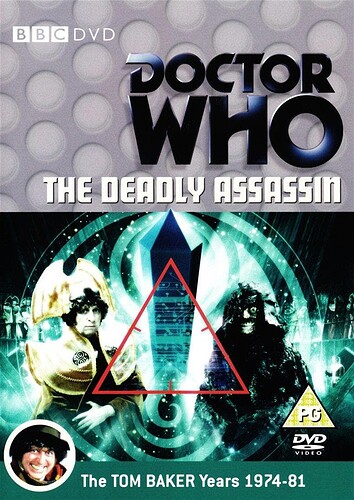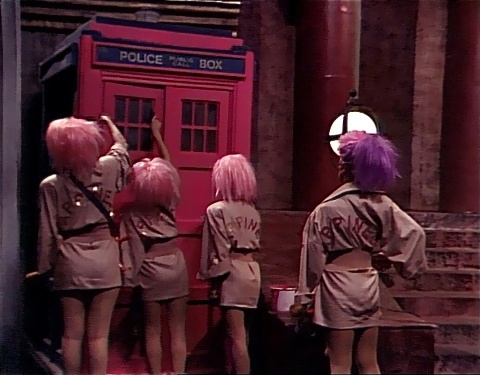So… This topic is inspired by another great thread by @realdoctor: But what does it all mean? Philosophical interpretations of Doctor Who
I recommend checking his (honestly amazing) work by yourself and in no way trying to interfere with his philosophical interpretations
This topic is perhaps even more ‘niche’ than his… All in all, I want to commit to writing at least 1 post a week here in which I will try to look at our favourite show from the anarchist position. I’m not saying that every Doctor is anarchist, but many of them are. I will try to give examples when Doctor Who feels very anarchist (spoiler - the first one disscused will be The War Games) and… not so much I love Jodie, 13th is my Doctor, as I already said in other threads, but Kerblam! is got to be properly analysed
So… Thank you! My next post is hopefully coming next week! Feel free to join me in this extremely anarchist interpretation of Doctor Who.
Personally I love the fact that I’m able to merge two of my passions: anarchism (I even had a school project that explored anarchist themes in works by Franz Kafka, Albert Camus and Leo Tolstoy, now I’m reading works by one of the founders of anarcho-feminism Emma Goldman) and Doctor Who (I don’t think I need to explain that too lol)
So, I guess… Goodbye for now!
